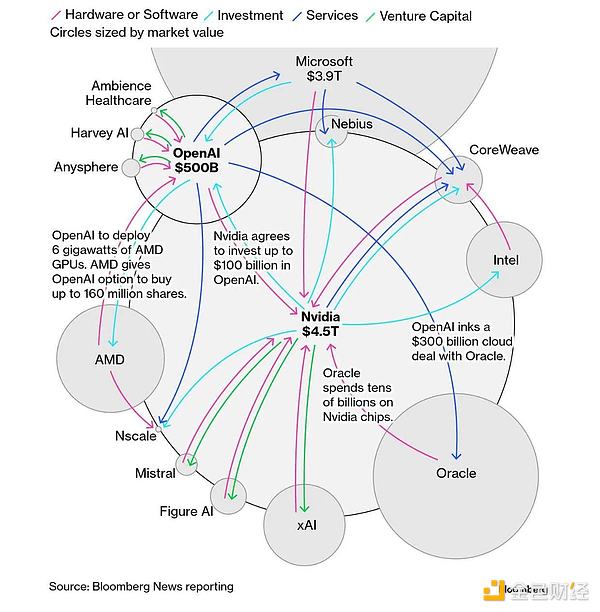A President’s Power Play Threatens the Fed’s Sacred Independence
- Trump’s attempt to remove Fed Governor Lisa Cook raises concerns over politicizing the Federal Reserve. - Cook denies fraud allegations and plans to challenge the decision in court, citing unprecedented removal procedures. - Experts warn political interference risks inflation, market instability, and eroded institutional trust in central banking. - Legal battle over presidential authority could redefine Fed’s independence and economic governance frameworks. - Market reactions remain cautious, with analys
President Donald Trump’s recent attempt to remove Federal Reserve Governor Lisa Cook has raised alarms among economists and financial analysts about the potential erosion of the Federal Reserve’s long-standing independence. Cook, appointed by President Joe Biden in 2022, is a voting member of the Federal Open Market Committee (FOMC), which sets interest rates across the U.S. economy. If successful, Trump’s move could pave the way for the appointment of a new Fed governor aligned with his economic agenda, potentially shifting the board’s balance toward policies favoring lower interest rates. This, in turn, could compromise the central bank’s ability to act based on macroeconomic conditions rather than political pressure.
The controversy emerged after Trump accused Cook of mortgage fraud, citing a referral from the Federal Housing Finance Agency. Cook has denied the allegations and vowed to challenge the decision in court. Analysts argue that the removal of a Fed governor for cause is unprecedented, with no historical precedent for such an action. Rebecca Patterson, a former Bridgewater Associates strategist and senior fellow at the Council on Foreign Relations, warns that politicizing the Fed could trigger a range of economic consequences, including weaker stock market performance, higher inflation, depreciating currency, and reduced foreign direct investment. Patterson emphasizes that the U.S. is not immune to the outcomes seen in countries that have lost institutional integrity in their central banking systems.
Historically, the Federal Reserve has maintained a degree of independence to insulate monetary policy from short-term political cycles. This has allowed the Fed to respond to economic data without being swayed by presidential preferences. However, Trump’s push for lower rates—repeated throughout his tenure—has already placed political pressure on the Fed. According to Jeremy Kress, an economics professor at the University of Michigan and former attorney at the Federal Reserve Board, the attempted firing of Cook is a direct challenge to the system of checks and balances that has long governed U.S. monetary policy. Kress notes that this independence has contributed significantly to the U.S. economy’s stability over the past century.
Economic institutions have also weighed in on the issue. The Economic Policy Institute has warned that presidential interference in the Fed could lead to higher inflation, as it removes a key check on government borrowing. The organization emphasized that if the Fed’s decisions were driven by political preferences rather than sound economic analysis, confidence in its ability to manage future economic stress—such as surges in inflation or unemployment—would decline. Elizabeth Wilkins, former chief of staff to the chair at the Federal Trade Commission, added that such interference could make financial markets less stable and fuel inflationary pressures, ultimately harming households and weakening the broader economy.
The market has so far responded cautiously. While stocks initially dipped on the news of Cook’s removal, they recovered by midday, with the S&P 500 gaining 0.2%. However, the yield on 30-year Treasury notes briefly rose to August highs, signaling investor concern over inflation expectations. George Saravelos of Deutsche Bank warned that the Fed is now subject to “intensifying fiscal dominance risks,” a situation in which the president exerts too much influence over monetary policy. He noted that the market’s muted reaction could be due to underestimating the long-term implications of such interference.
Legal and political uncertainty looms as the dispute moves toward the Supreme Court, which will need to determine the extent of the president’s authority in such matters. The outcome could have far-reaching consequences for the structure of U.S. monetary governance, potentially altering how the Fed operates in response to economic conditions rather than political directives. Alan Blinder, a former Fed vice chairman and Princeton economics professor, said the implications of this moment extend well beyond current rate policy, warning of long-term instability if the White House gains too much control over the central bank.
Disclaimer: The content of this article solely reflects the author's opinion and does not represent the platform in any capacity. This article is not intended to serve as a reference for making investment decisions.
You may also like
SOL price capped at $140 as altcoin ETF rivals reshape crypto demand

Will USDT Collapse? A Comprehensive Analysis of Seven Years of FUD, Four Crises, and the Real Systemic Risks of Tether

The Federal Reserve ends QT: The main liquidity switch has been flipped, and a silent bull market is taking shape.

Liquidity Shift Hidden Beneath the US-China Rivalry
